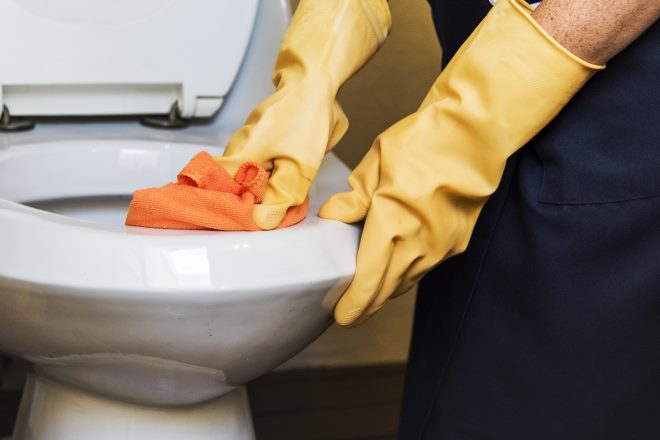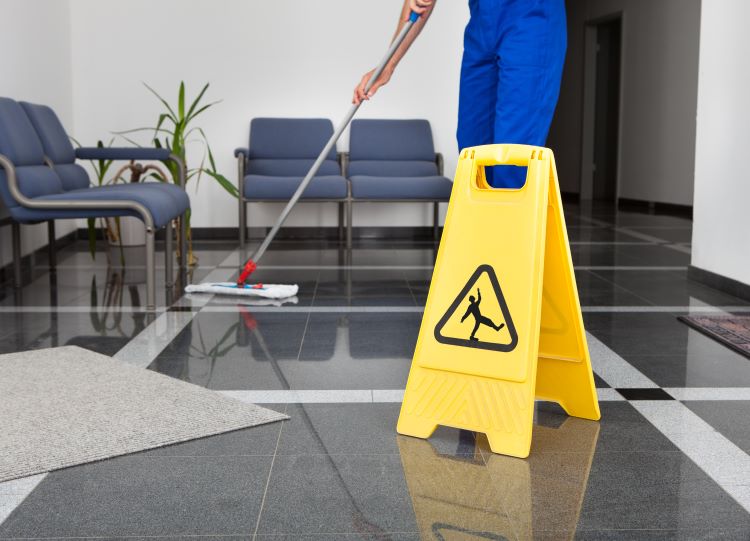Top 3 reasons to work in the cleaning industry
The cleaning industry represents a substantial sector of the global economy, employing millions of workers across residential, commercial, and specialized cleaning services. This field provides consistent employment opportunities due to the ongoing need for sanitation and maintenance across all types of facilities. Understanding the fundamental aspects of cleaning work can help individuals make informed career decisions in this stable profession.

Why Does Cleaning Remain One of the Most Essential Sectors?
The cleaning industry maintains its essential status because cleanliness requirements never disappear from society. Every building, whether residential, commercial, or industrial, requires regular maintenance to ensure health standards and aesthetic appeal. This consistent demand creates a stable employment foundation that remains largely recession-resistant.
Healthcare facilities, educational institutions, office buildings, and retail spaces all depend on professional cleaning services to maintain operational standards. The COVID-19 pandemic further highlighted the critical importance of sanitation professionals, elevating the recognition of cleaning work as essential infrastructure support.
The sector’s resilience stems from its fundamental necessity rather than luxury status. Unlike industries that fluctuate with economic trends, cleaning services maintain steady demand regardless of economic conditions, making it a reliable career choice for those seeking employment stability.
How Is the Accessibility of This Profession Convenient for Beginners?
Cleaning work offers one of the most accessible entry points into the workforce, requiring minimal initial qualifications or specialized education. Most positions provide on-the-job training, allowing newcomers to develop skills while earning income immediately. This accessibility makes cleaning an attractive option for individuals entering the job market or changing careers.
The basic requirements typically include physical ability to perform cleaning tasks, reliability, and attention to detail. Many employers value work ethic and dependability over formal education, creating opportunities for individuals who may not have extensive academic backgrounds but possess strong work ethics.
Flexible scheduling options are common in the cleaning industry, with many positions offering part-time, full-time, evening, or weekend shifts. This flexibility accommodates various personal circumstances, including students, parents, or individuals with other commitments who need work arrangements that fit their schedules.
Training periods are generally short, allowing new employees to become productive quickly. Most basic cleaning procedures can be learned within days or weeks, enabling rapid integration into the workforce compared to careers requiring extended training or certification periods.
What Opportunities Open Up for Those Who Gain Experience in Cleaning?
Experienced cleaning professionals can pursue various advancement paths within the industry. Supervisory roles become available as workers demonstrate competence and leadership abilities, leading teams of cleaning staff and managing client relationships.
Specialized cleaning areas offer higher compensation and career growth potential. Hospital cleaning, hazardous material cleanup, carpet and upholstery cleaning, and window cleaning for high-rise buildings require additional training but command premium rates for skilled professionals.
Entrepreneurial opportunities exist for experienced cleaning workers who choose to establish their own cleaning businesses. The relatively low startup costs and established client demand make cleaning services an accessible business venture for those with industry knowledge and customer service skills.
Some experienced professionals transition into related fields such as facility management, building maintenance coordination, or cleaning product sales, leveraging their industry knowledge in broader facility management roles.
| Position Level | Experience Required | Average Salary Range | Advancement Potential |
|---|---|---|---|
| Entry-level cleaner | None | $20,000 - $30,000 | Team lead positions |
| Experienced cleaner | 1-3 years | $25,000 - $35,000 | Supervisory roles |
| Team supervisor | 3-5 years | $30,000 - $45,000 | Management positions |
| Specialized cleaner | 2-4 years training | $35,000 - $50,000 | Business ownership |
| Cleaning business owner | 5+ years experience | $40,000 - $80,000+ | Multi-location expansion |
Salary estimates mentioned in this article are based on general industry information but may vary significantly based on location, company size, and specific job requirements. Independent research is advised before making career decisions.
The cleaning industry provides a foundation for sustainable employment with clear pathways for professional development. Workers can build careers that offer both immediate income opportunities and long-term growth potential, making it a viable choice for individuals seeking stable work in an essential sector.
Career satisfaction in cleaning often comes from visible results and the knowledge that the work contributes to public health and safety. Many professionals find meaning in maintaining clean, safe environments for others while building practical skills that remain valuable throughout their working lives.
The combination of job security, accessibility, and advancement opportunities makes the cleaning industry an attractive career option for individuals seeking reliable employment with potential for professional growth. Understanding these fundamental advantages helps job seekers evaluate whether cleaning work aligns with their career goals and personal circumstances.




